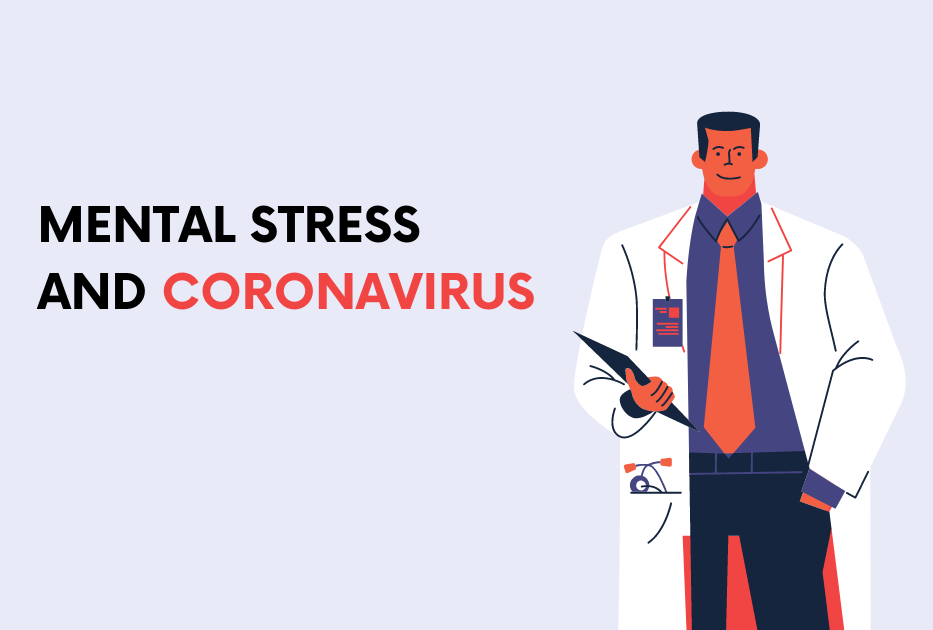With the increasing cases of Covid-19 in Nepal, the patients have almost occupied all beds in hospitals. Every day the infected cases are way more than the recovered one. According to health experts, almost every part of the nation is suffering from the increasing number of COVID-19 patients. It has made every hospital filled with the patients and there are literally no more rooms and beds for the new cases. Meanwhile, COVID-19 patients generally categorized on the basis of three stages i.e mild or moderate, severe case, and critical case.
According to WHO 80% Covid-19 are asymptomatic, mild or moderate cases, 15% have a severe infection and the remaining 5% are critically infected. Health experts have concluded that asymptomatic cases including patients with mild and moderate symptoms can be treated at home. Therefore following set of guidelines set by the Nepalese health experts which matches the international standard for the patients who are recovering at home.
What Are Mild Or Moderate COVID-19 Cases?
Actually mild cases are those types of cases who diagnose positive in the PCR test. They don’t really have mild pneumonia. Dry cough, smell blindness, and sore throat are the most common symptoms of moderate cases. Most of the Nepalese people suffered with mid infection. And regarding the current situation, it’s better to get isolated if you caught by these viruses in Nepal.
Meanwhile, COVID-19 cases isolation management guidelines issued by the government of Nepal also refers that, mild cases can be treated at home with the following set of regulation.
Related Article: Stray Dogs During COVID 19
Physical walking
Walking 15-20 minutes at least three times a day is essential while staying isolated at home. It maintains proper blood circulation and prevents blood clots in lower limbs from prolonged bed rest. Deep breathing exercise through the nose, ballon blowing exercise for 8-10 times a day also helps the lungs to work properly. And these exercises also improve oxygenation in the body.
Gargling
As we already know that cough is the second most common symptom after the fever. And to ease your neck pain during home isolation, gargling is the proven way. It is an ancient therapeutic measure, which requires repeating this process at least four times a day.

At an interval of four hours gargling should be practice by the patients. Basically, this process helps to reduce viral load in the oropharynx and remove throat irritation. You can do gargling with Betadine diluted and luke water in the ratio of 1:3. And after the gargling, you should not eat at least 15-20 minutes.
Related Article: COVID-19 Exacerbates Cyberbullying Culture In Nepal
Balance Diet
The patient at home isolation needs to eat low crab and protein-rich foods with spices like ginger, turmeric, and garlic that generally boost physical immunity. You just have to concerned to eat food which is rich in Vitamin C, D, and zinc. These foods produce a synergistic role in boosting immunity. Try to keep your body in a warm place and avoid a cold environment.

Medical Evaluation
The helath condition of the mild or moderate coronavirus patients must be monitored at least thrice a day. The patients must immediately contact concerned authorities if they see no improvement or they witness their health conditions get worsen. Patients always have to check their body temperature with a thermometer and blood oxygen saturation with a pulse oximeter.
If the body temperature steadily increases above 102.38 f and oxygen saturation gradually drops 90-92%, then you must contact health experts immediately. Even if you feel trouble in breathing, persistent chest pain, dehydration, mental confusion, and bluish lips, immediately get medical attention by contacting the government assigned COVID-19 dedicated hospitals.
Regular Communication
With Doctor, The government isolation guidelines say at least one health worker should be assigned to monitor 50 patients under self-isolation. The guidelines say that the designated health worker must monitor the health condition of the patients especially vital measurements at least two times a day through phone or message. Most of the health workers in Nepal prescribe drugs like paracetamol and ibuprofen to manage fever and pain during the self isolation.
Related Article: Nepal Allows Phase III Clinical Trials Of COVID-19 Vaccines
How Long will be home isolation?
According to WHO, people with mild symptoms generally recover within two weeks. The patient in home isolation can discontinue their self-isolation 10 days after the date of their first positive RT-PCR test. In case, if the patients with mild or moderate symptoms have a fever, it must recede without the use of any antipyretic drugs 24 hours before discontinuing self-isolation.
More importantly, alcohol drinking and smoking should be prohibited during isolation. People tend to suffer from anxiety disorders or depression with a greater risk of suicide. So, better to get rid of drinking alcohol and smoking during isolation.
Visit Our Site OMGNepal To Explore More About Nepal!!!!


